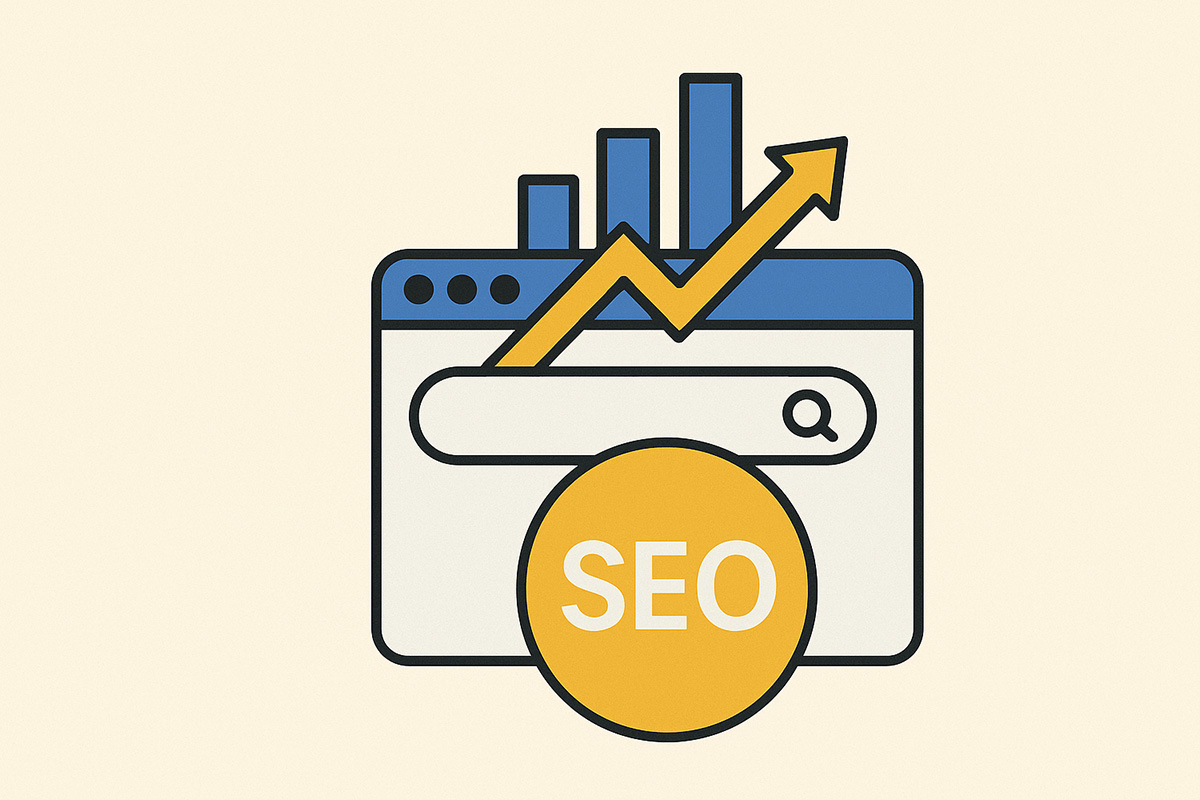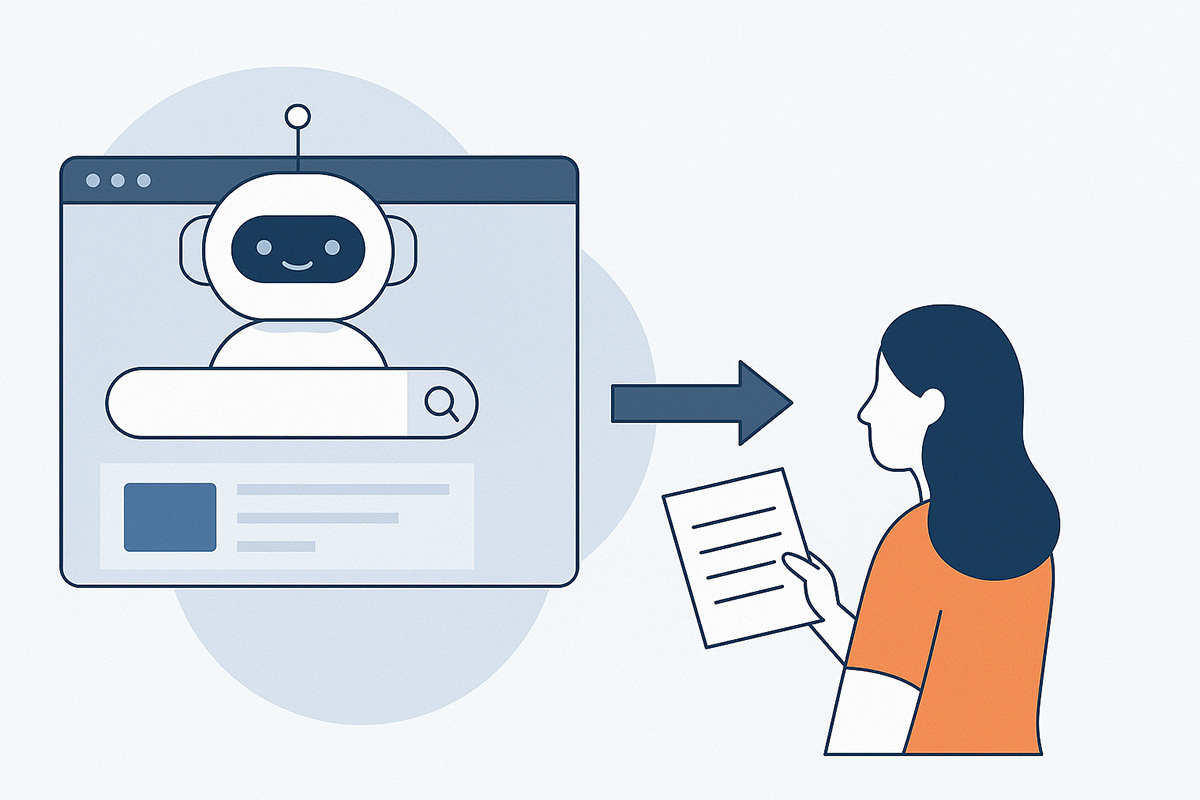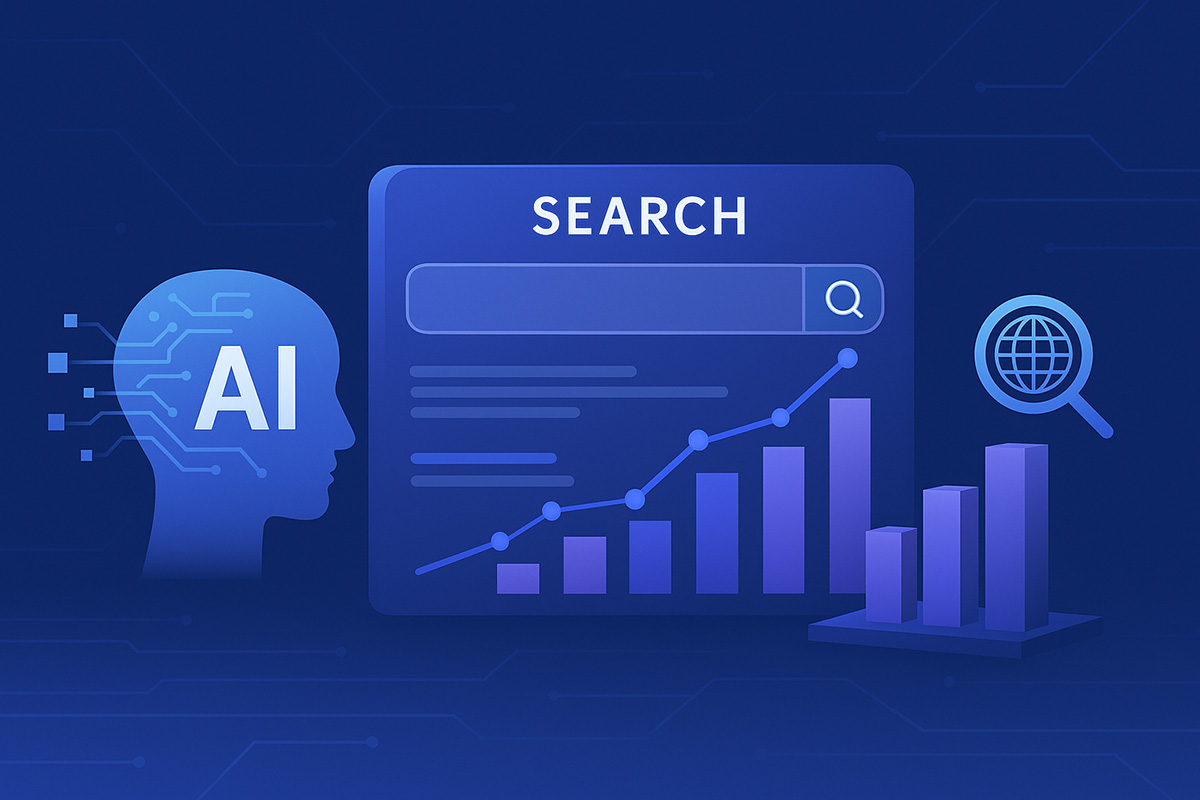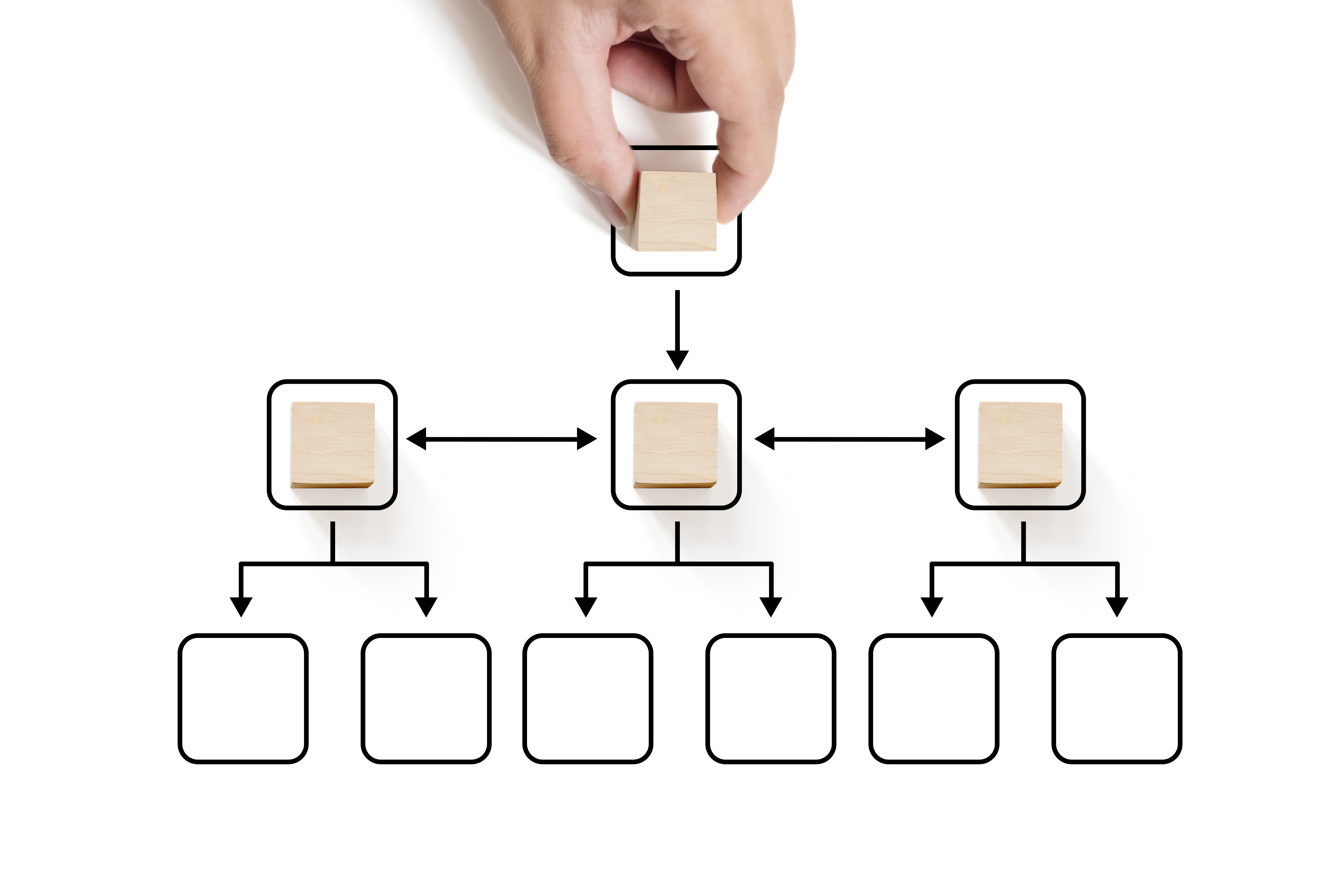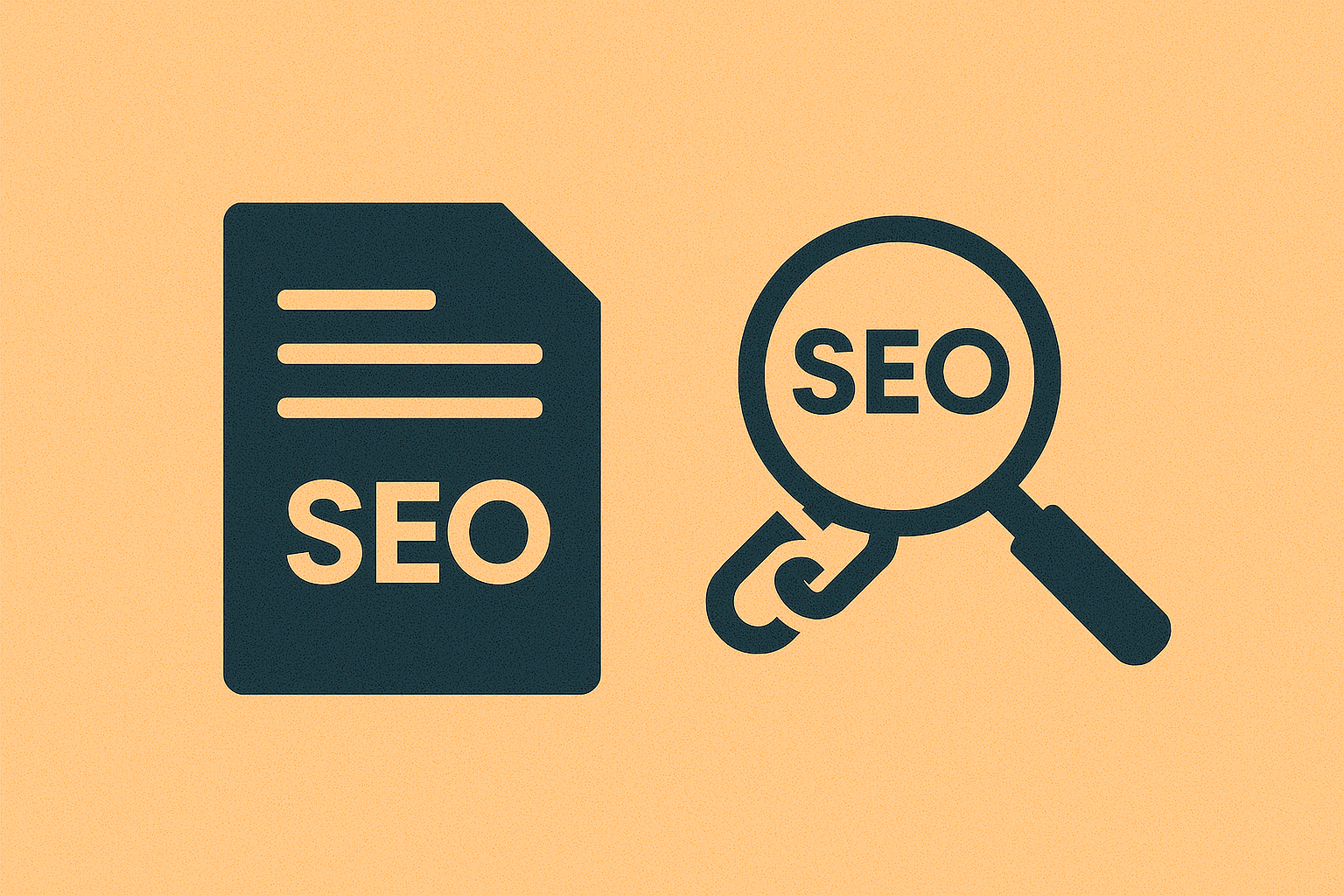Home / Blogs / Is AI Changing SEO for Good? What Every Marketer Needs to Know in 2025
Is AI Changing SEO for Good? What Every Marketer Needs to Know in 2025
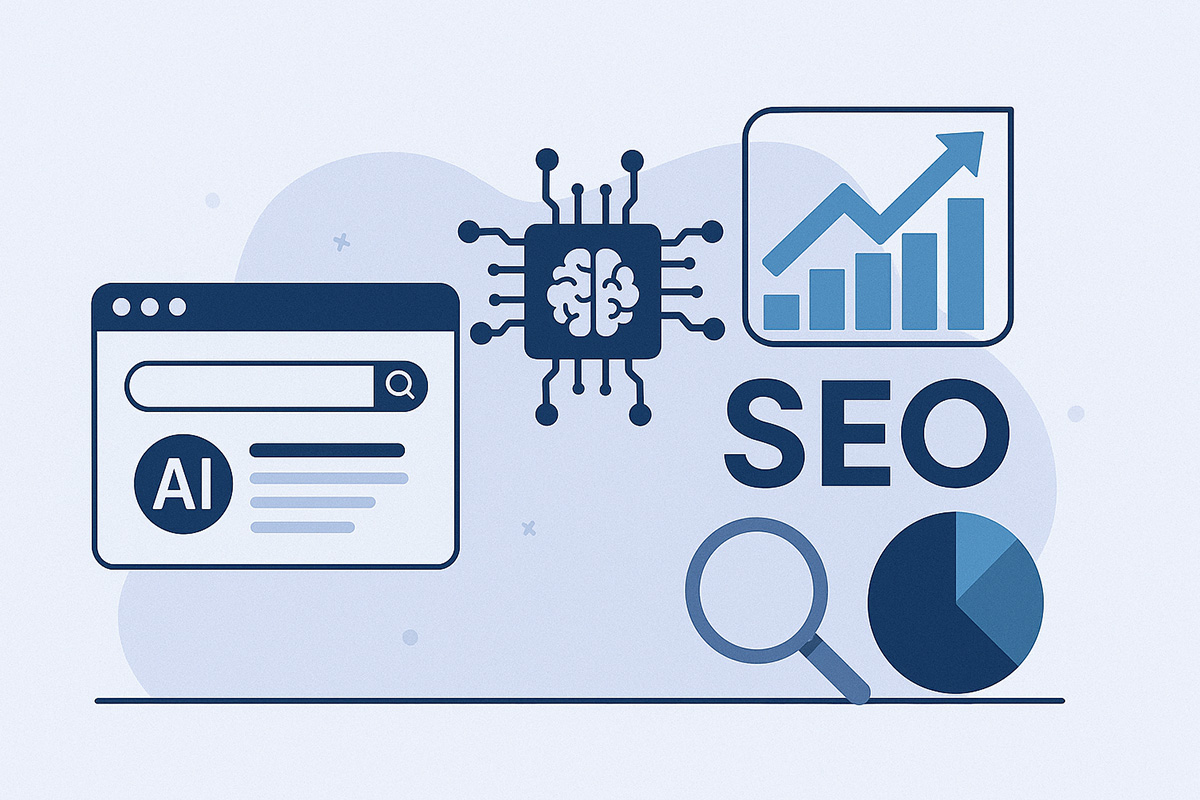 SEO
SEO
Search Has Shifted. So Must Strategy.
A few years ago, SEO was simple. You found the right keywords, optimised your meta tags, published regularly, and climbed the rankings.
That playbook doesn’t hold up in 2025.
Search today is no longer a list of links. It’s real-time answers. It’s AI-led platforms like ChatGPT, Gemini, and Copilot offering conclusions, not just suggestions. Now getting seen isn’t about page rank. It’s about presence in the response itself.
So what does that mean for SEO as we know it?
Let’s break it down.
What Does AI Search Mean for SEO Today?
AI-first search doesn’t return a page full of clickable links. Instead, it generates direct answers using real-time summaries from various web sources.
Tools like ChatGPT and Google’s AI Overviews scan online content and compile the most relevant pieces into natural-sounding replies. The user gets what they need without having to click, unless they’re curious enough to dig deeper.
- Platforms like ChatGPT and Google’s "AI Overviews" synthesise answers directly from the web.
- In fact, 13.14% of search queries triggered an AI Overview in March 2025, up from 6.49% in January.
- Semrush found that half of ChatGPT’s links point to business/service sites, showing AI does cite brands.
But here's the flip side: If your content isn’t referenced in these AI responses, your brand is effectively invisible. That’s the new reality: visibility in AI search means being mentioned in the answer, not just appearing in the results.
TLDR
- Answers come before links.
- Format content for AI to see it.
- If AI doesn’t cite you, your brand vanishes.
Learn more in our guide: From SEO to GEO? Here’s Why It’s Not a Replacement. It’s an Evolution
What Is AI SEO Optimisation?
AI SEO, short for AI Search Engine Optimisation, is the science of crafting content for AI-generated answers, not just search rankings. It helps AI models recognise it as the most useful source when generating replies.
It includes:
- AEO (Answer Engine Optimisation): Creating structured, concise content that tools like ChatGPT and Gemini are more likely to reference.
- GEO (Generative Engine Optimisation): Making sure content is discoverable and presentable in AI-generated search summaries like Google’s Overviews.
So what's the benchmark for visibility now?
The old goal was to rank. With AI changing SEO, the new goal is to be selected by an AI, in real time, as the trusted answer. Think of it this way: you’re not just optimising for an algorithm, you’re teaching the AI to recognise your content.
TL;DR:
- AEO = cited in chatbot answers
- GEO = referenced by AI summaries
- AI SEO = get mentioned before ranked
Discover our full AI SEO services.
At Verve Media, that’s the game we play: not just boosting rankings, but building credibility into content so AI search tools turn to you first.
Is SEO Still Relevant in 2025?
Absolutely. But it’s not the same game anymore.
Traditional SEO still has weight, especially when users are doing product comparisons, local searches, or browsing long-tail topics. But with users increasingly leaning on AI chat and summary-based tools for instant answers, your SEO strategy needs to evolve.
- A recent Forbes article highlights how organisations now need “multi-faceted optimisation strategies, incorporating SEO, AEO, and GEO” for full visibility.
- SparkToro research reveals that only 41.5% of queries in the U.S. result in clicks, meaning almost 60% end in zero-click, often via AI summaries
TL;DR:
- SEO is evolving—not dying.
- AI SEO complements traditional methods.
- Zero-click = new normal.
Read more: “AI Answers Everything, But Who’s Feeding the Answers?”
Can Google Detect AI-Generated SEO Content?
Yes. But that’s not necessarily a bad thing.
Google’s recent core updates don’t punish content just because AI helped create it. The focus is on utility. If your content is helpful, original, and trustworthy, it’s in the clear.
A recent Google I/O keynote even emphasised that AI Overviews are “meant to complement search results, not replace them”
That said, generic or poorly structured AI content can set off quality alarms. Spammy phrasing, repetitive ideas, or keyword overload are all red flags.
So, for the future of SEO: AI use ? penalty. But low-value AI content = risk.
At Verve, we blend the two: AI assists with efficiency, but every piece is shaped and sharpened by real humans, because ultimately, people are still the ones reading.
TL;DR:
- AI writing isn't banned.
- Unhelpful content is.
- Human + AI = ideal combo.
To better understand how AI is changing SEO see our take in: SEO Is Getting Smarter with AI. Is Your Brand Ready?
Does AI Content Get Flagged by Google?
Only if it lacks value. Google now looks for signals of intent and credibility. Red flags include:
- Copy-paste phrasing across multiple pages
- Low-quality engagement metrics (like bounce rate)
- Missing authorship or weak E-E-A-T (Experience, Expertise, Authority, Trust)
Optimise right, and AI content performs well, especially when:
- It’s structured
- Built for humans and machines
- Rich in E-E-A-T signals
Content doesn’t need to be human-written to succeed, but it needs to feel human in purpose. That’s why we build every piece around usefulness first.
TL;DR:
- Clear structure + real value = safe.
- Auto fluff = fail.
- Human-driven AI content wins.
Is AI SEO Worth It?
If brand visibility matters to you, then yes, now more than ever. The ROI is already showing.
Early adopters report:
- Higher chances of being quoted in AI-generated responses. Mentions in AI Overviews (+50% of SERPs).
- A 20–40% drop in CTR for non-AI-optimised sites due to AI Overviews, leading to an increased presence in Google’s AI Overviews.
- AI citations leading to brand visibility before click-through, which, in simple terms, means stronger trust from users who never click beyond the summary.
Marketers chasing these new tactics are adapting fast. SEO agencies that adapt quickly are turning AI SEO into a competitive moat.
TL;DR:
- Brands get cited, not just seen.
- AI SEO = visibility + trust + conversions.
- It’s not a cost. It’s an edge.
- Want proof? Connect with our AI SEO agency.
Preparing for an AI-First Search Future?
Here’s your 7-step roadmap:
- Use Q&A and FAQ formats as LLMs prefer clear questions.
- Enable QA schema and structure it for AI and search snippets.
- Write for humans, format for AI, because clarity still matters.
- Include authorship and credibility cues. Reinforce E-E-A-T
- Update metadata and alt text as AI reads everything.
- Develop in-depth, semantically-rich content—be reference-grade.
- Measure AI and SEO visibility and track mentions in overviews and chat logs.
AI SEO “optimisation” isn’t just technical. It’s thoughtful. WordStream emphasizes that branded keywords actually see better CTR, +18.7% on average, when triggering AI Overviews, showing that mentions can enhance visibility even before users click. Your generative SEO strategies must match.

.jpg)
.jpg)






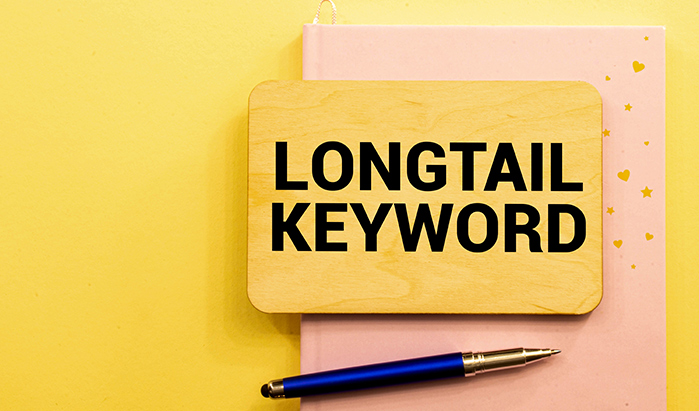

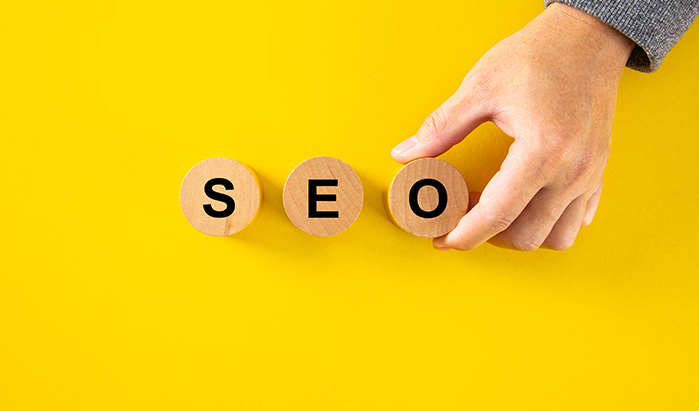
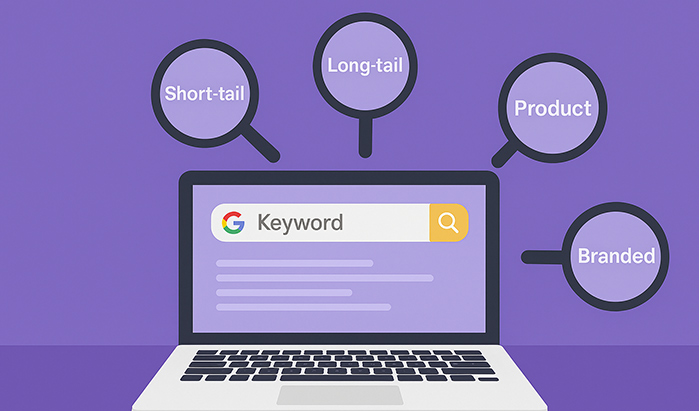


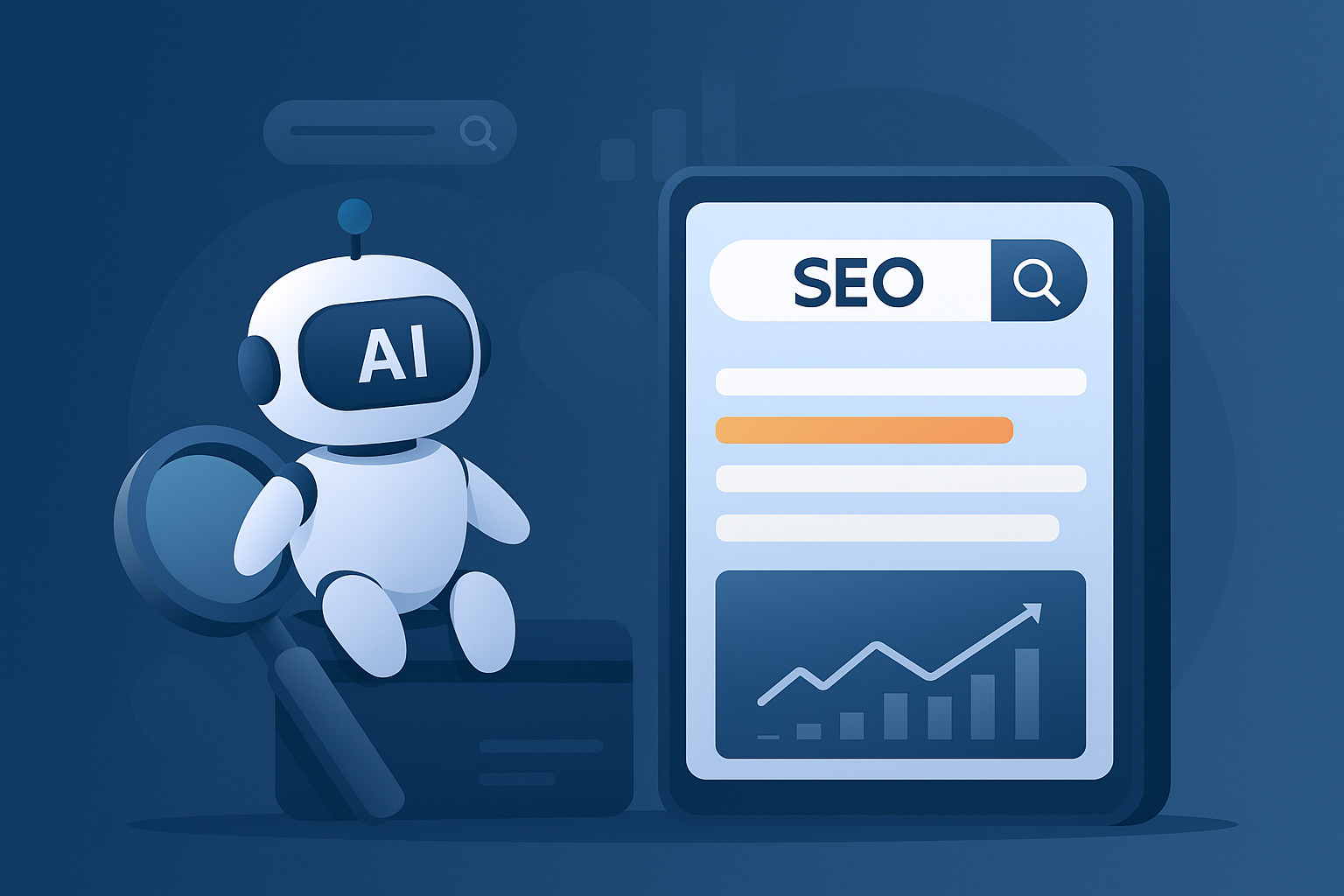


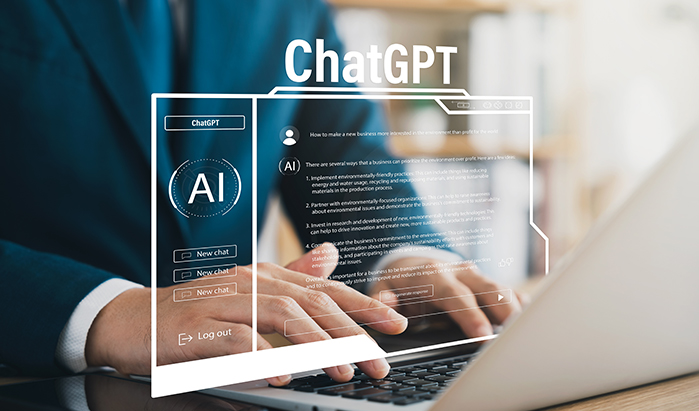

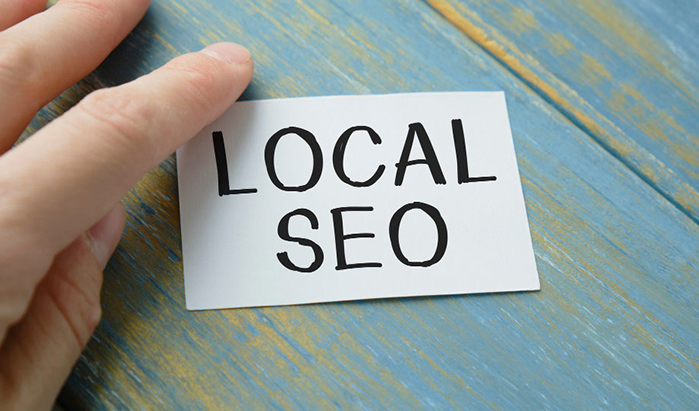
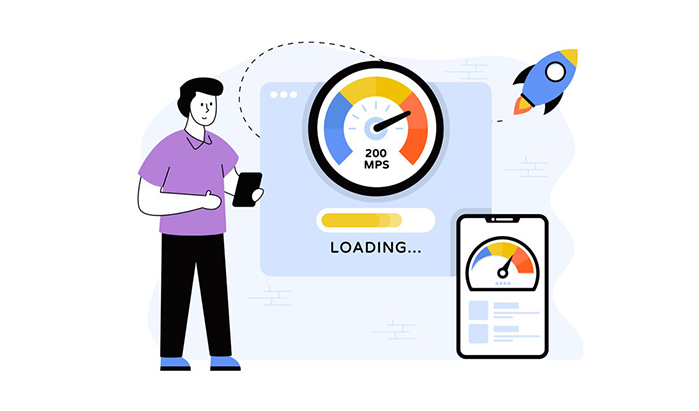


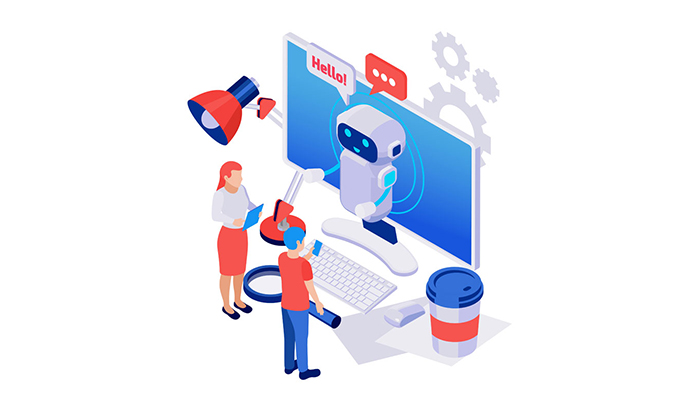
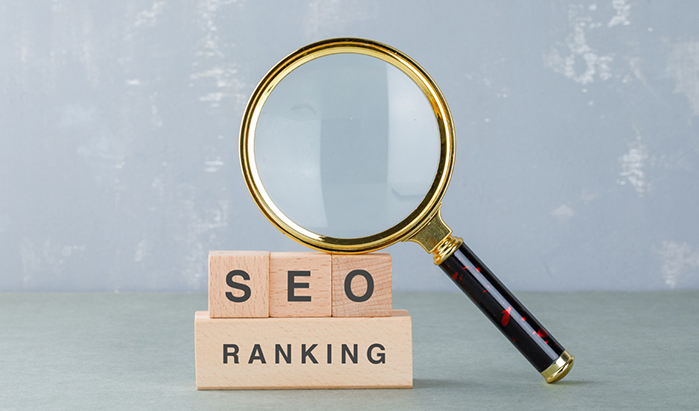


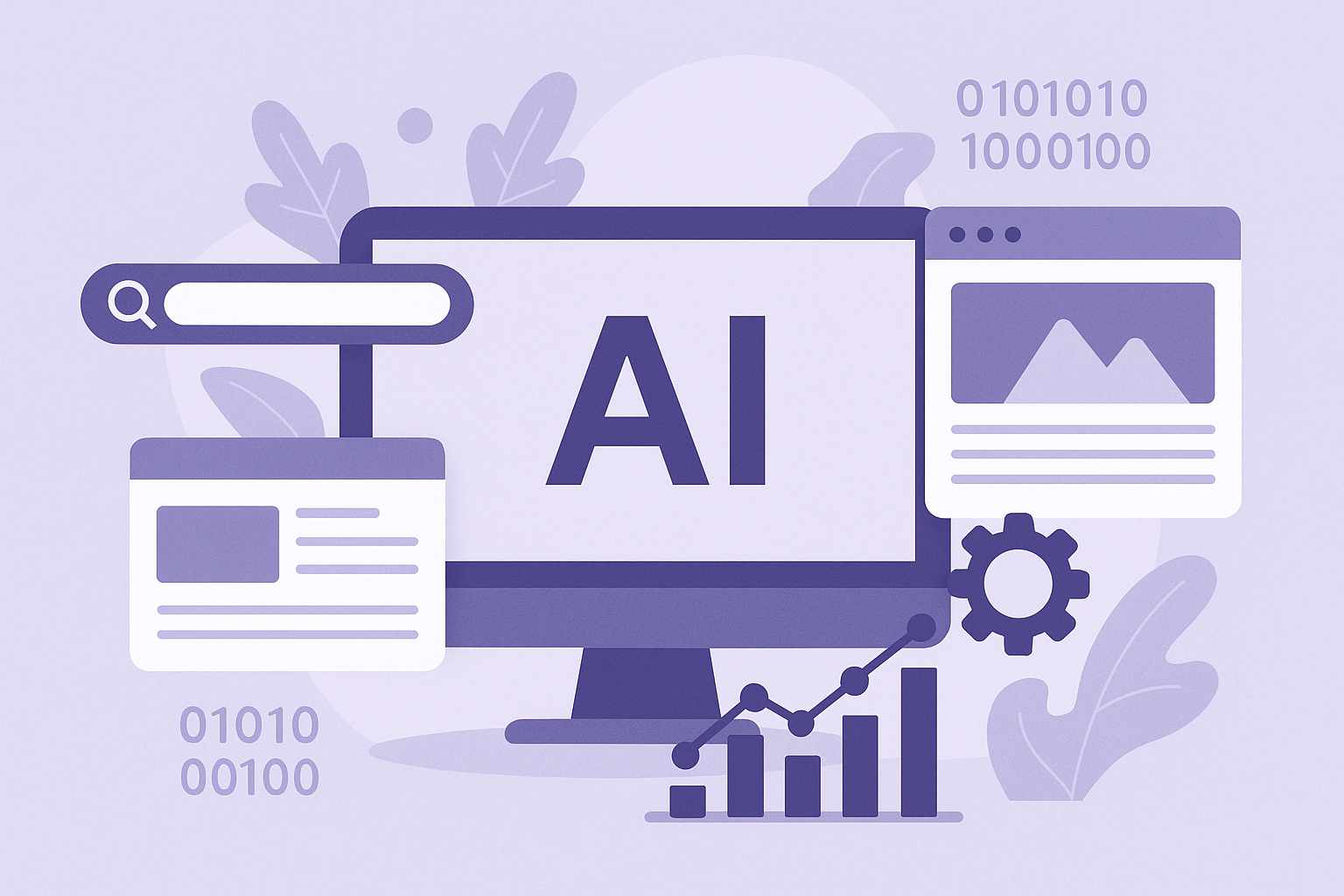


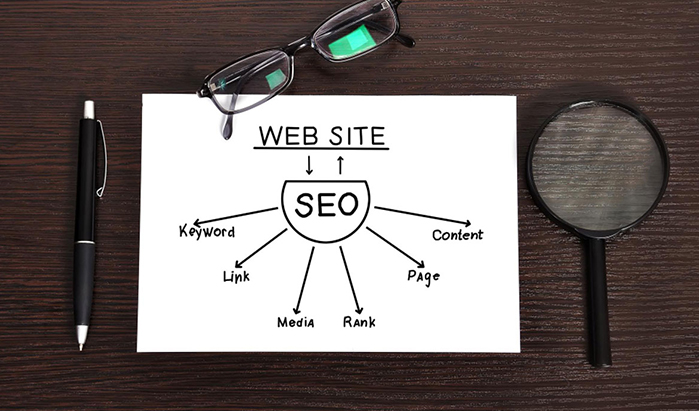

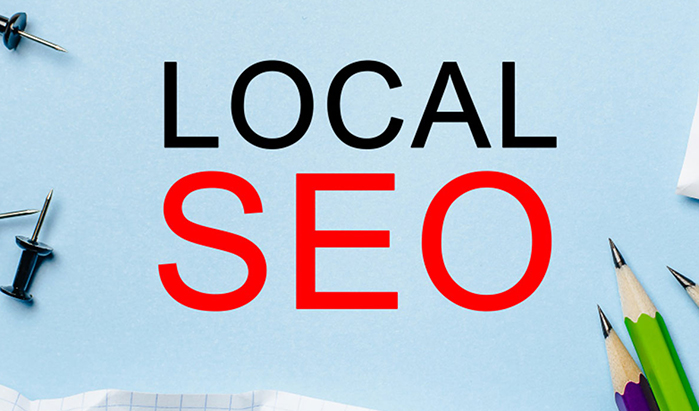




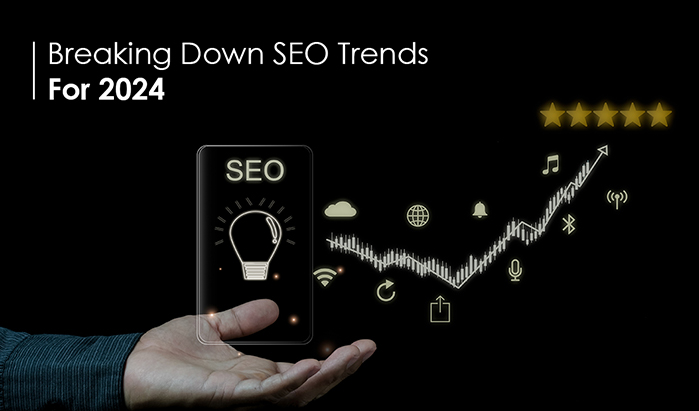




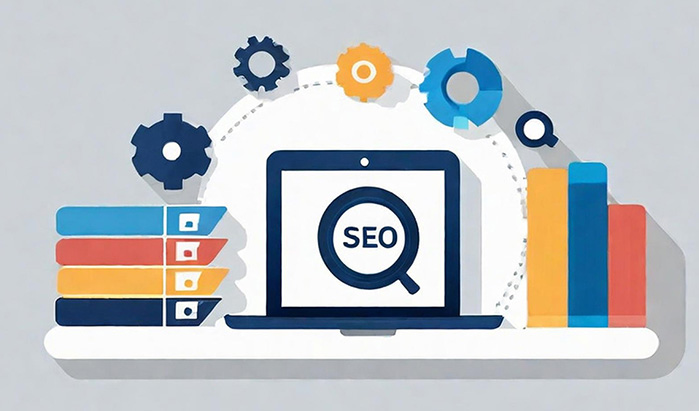
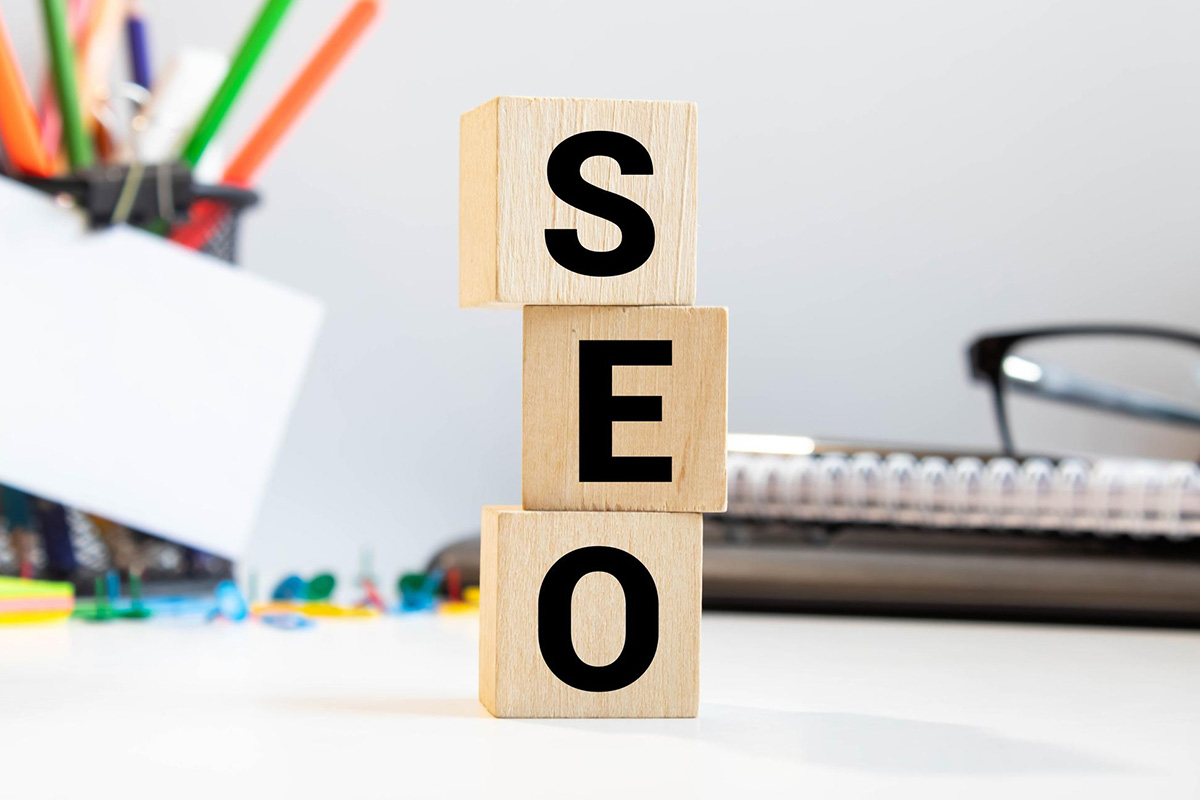












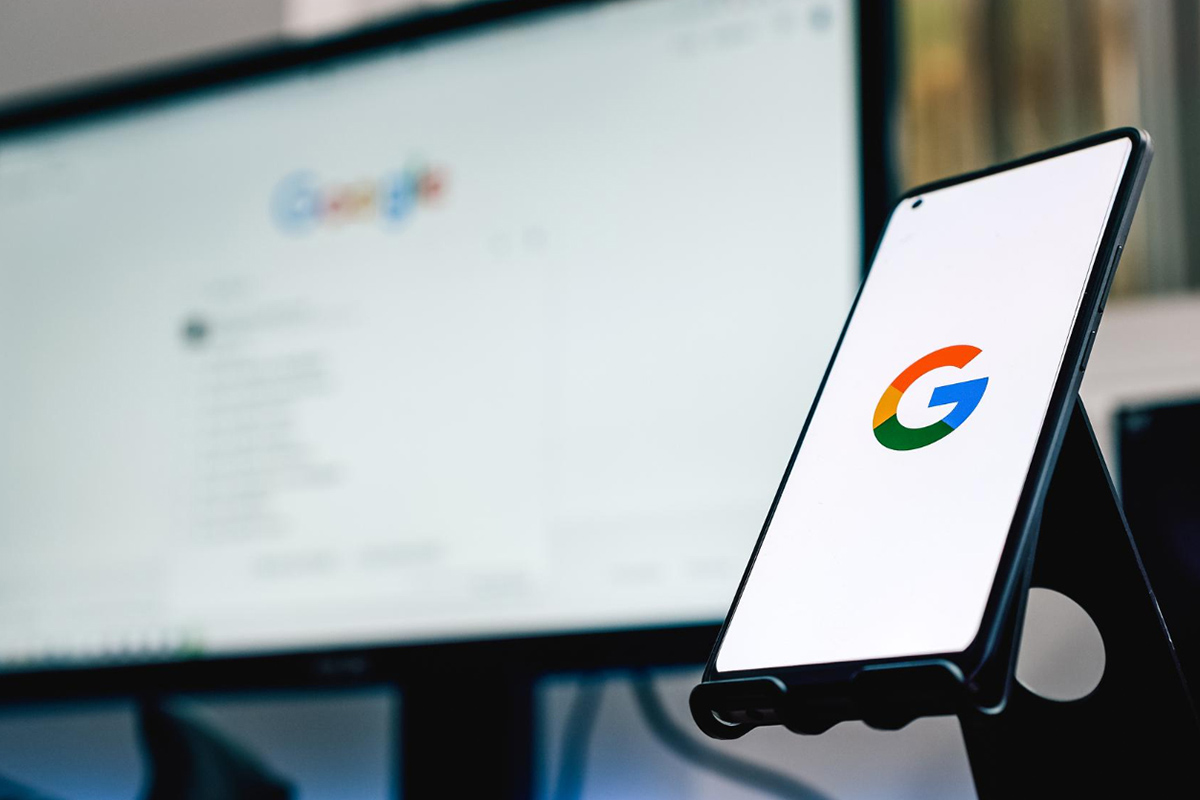









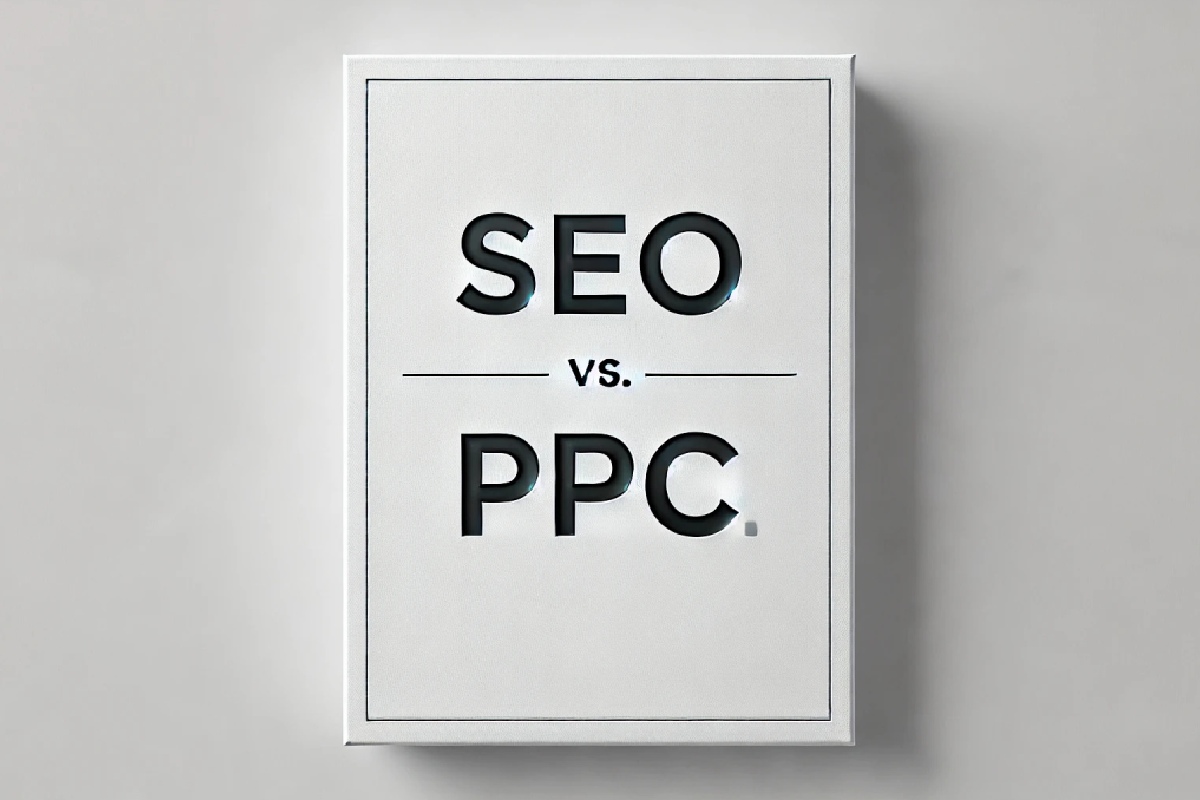







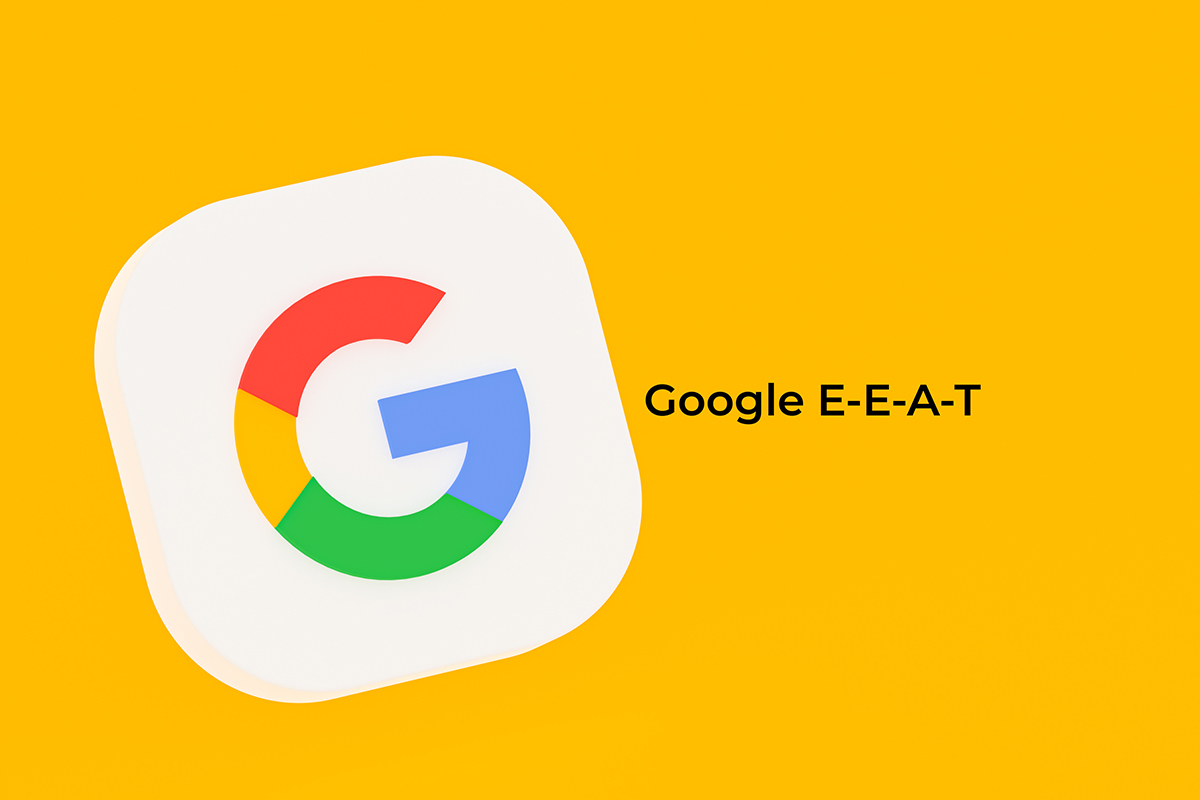

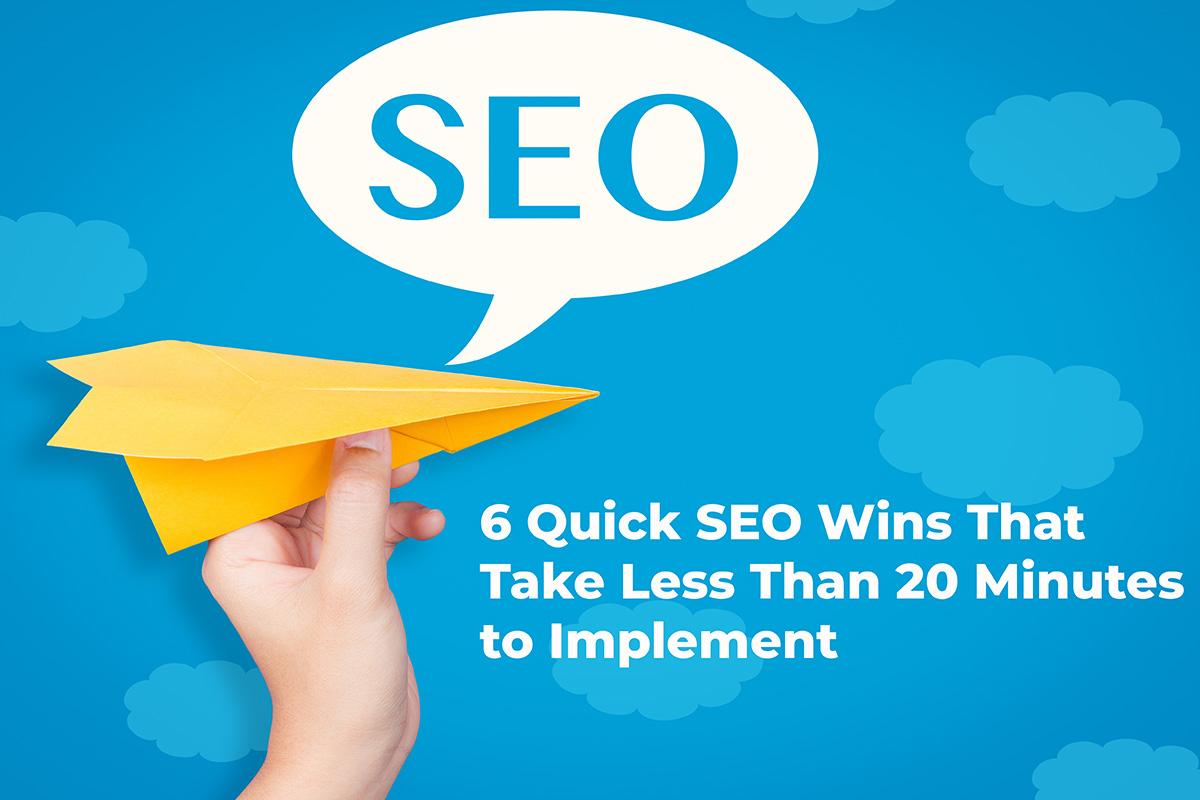

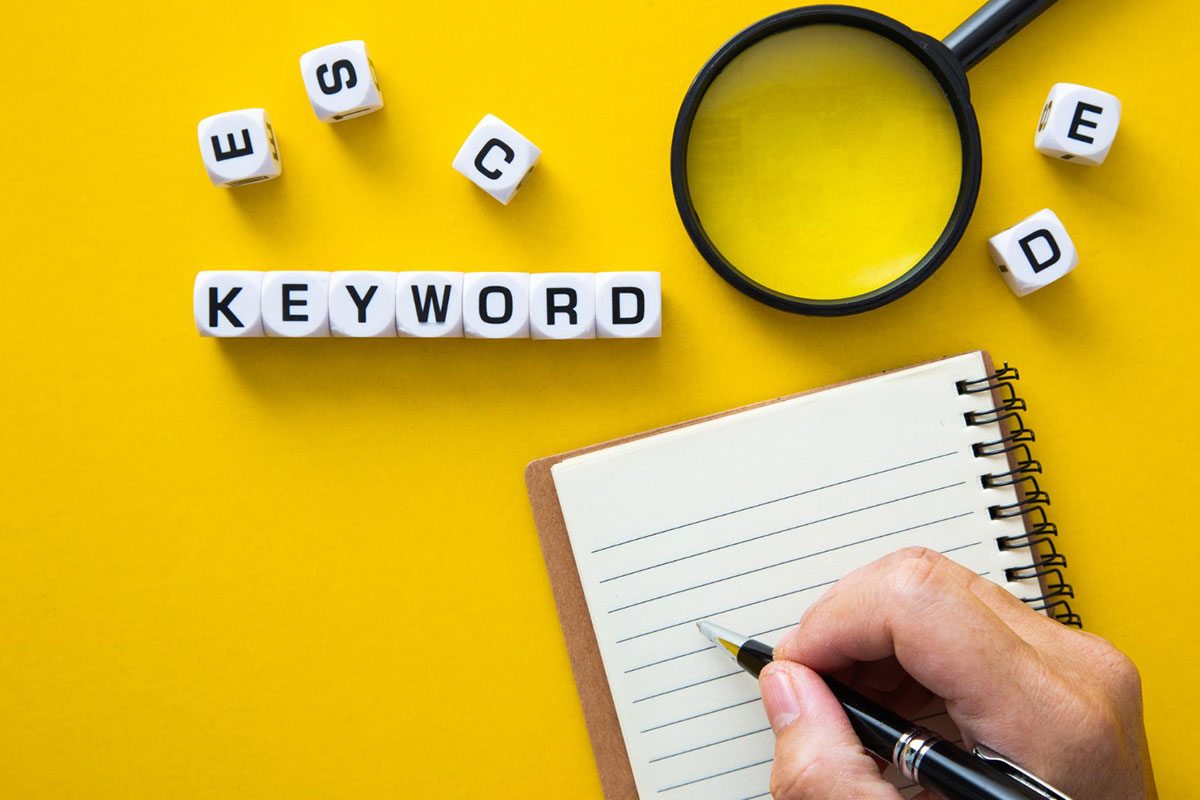










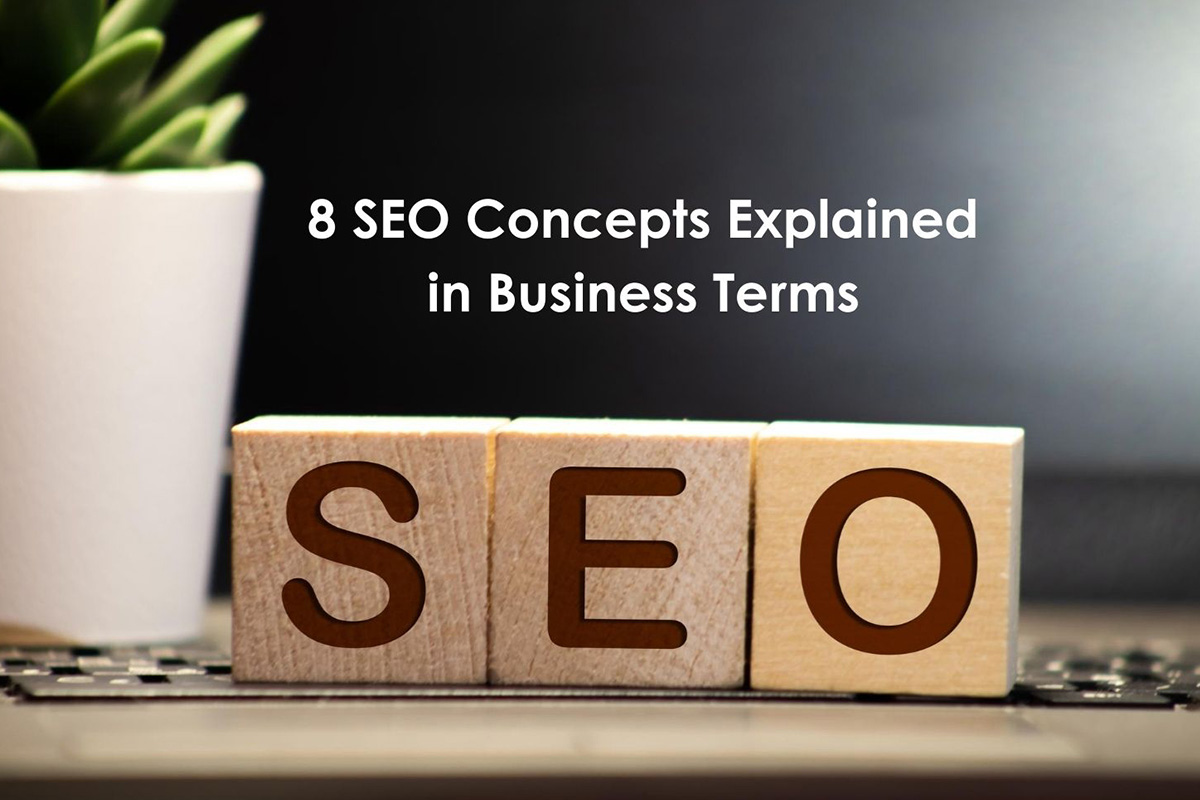



.jpg)
